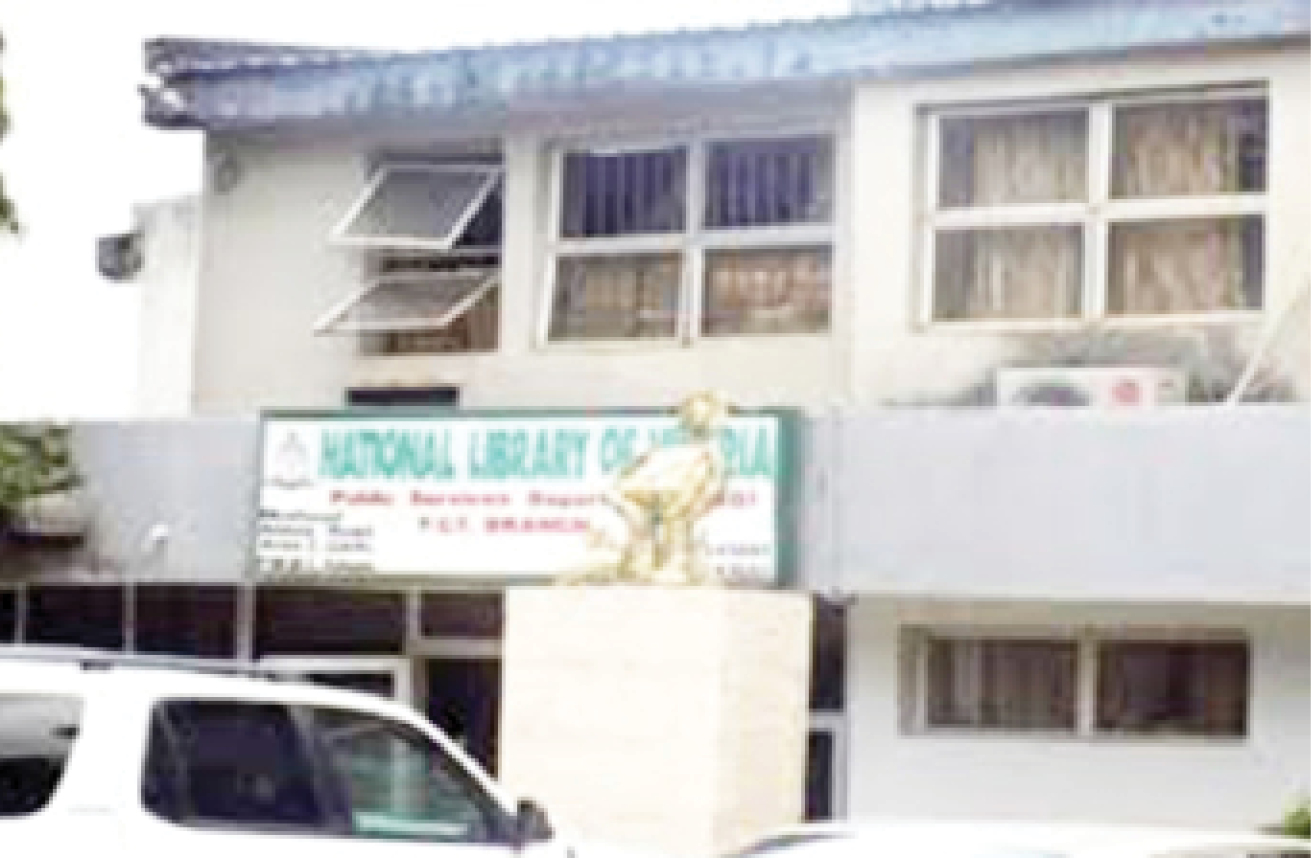The average Nigerian does not really appreciate research or its importance in development. If you’re thinking that I made this declaration off the top of my head with no science attached, you’re absolutely right. Also, if you’re thinking that I’m an average Nigerian, you’re once again absolutely right. Many political appointees, government officials, heads of agencies, and even academics, regularly bandy about poorly-researched data which only the smart ones among them come back with lukewarm mea culpas. It doesn’t stop at the top: it trickles down to almost every sector in the nation, with very few exceptions.
While we Nigerians have among us some of the most brilliant, innovative minds on the planet, one of the reasons we seem to have a disinclination to research as a people, can be traced to the apparent disregard we hold for education. From scandalously low budgets, to abysmal remunerations for practitioners nationwide, it all points to a disaster not only waiting to happen, but one which is currently playing out in real time. When I read that the Tertiary Education Trust Fund (TETFund) is to disburse the sum of N292.66 billion as 2021 intervention funds to public universities, polytechnics and colleges of education across the country, my jaw dropped. I mean, not literally, but you get the picture.
- Primary sch teachers abandoned, owed salaries in many states
- Again, PDP extends sale of Ekiti gov’ship forms
A video accompanying the article showed the Executive Secretary of TETFund, Prof. Suleiman Elias Bogoro, who said while the intervention has been approved by the Federal Government, it would be spread to higher educational institutions in each of the six geo-political zones in the country. I thought of the sum again: Almost a third of a trillion naira! I sped through the main article, which showed that according to the 2021 disbursement plans, TETFund is to give N906 million to each university, while N628 million will go to one polytechnic and one college of education each, again across the six geo-political zones.
After some additional research (that word again!), I have reached the conclusion that the TETFund is fortunate to have leadership that is actually bothered by research, and its importance. I thought some more, and of course there are other organizations, like the National Bureau of Statistics (NBS),which spearheads research and analysis of data in streamlined and useful ways. Their website’s appearance may be painfully basic to the point of distraction, but the benefits outnumber aesthetic concerns. Whoever is in charge there certainly knows his or her onions (I didn’t research their gender, the chronic Nigerian that I am).
Even military research institutions are doing their bit, like the Nigerian Air Force’s AFIT in Kaduna, which is one of the foremost, helping with a staggering amount of training, research and development which aids the defense sector, and others. Privately-owned research organizations are not left out, most notably NOI Polls in Abuja, which does its own bit in opinion polling, research, analytics, strategy consulting, and databank management. The final destination on this journey is the fact that there actually are people and organizations that value research. The problem is that they are too few. It’s not all kudos and garlands, however, because if you talk about research it’s only fair to mention libraries, or at least one library. While the obvious culprit is the existing National Library of Nigeria in Abuja, that’s a whole topic for another day.
Still on the National Library, let’s go back to the clip I mentioned earlier in this piece, towards its end, with heads of beneficiary institutions and their representatives in attendance, as Prof. Bogoro explained that the responsibility of completing the National Library Project in Abuja has been bestowed on TETFund. It piqued my interest greatly, as that particular project – and the manner in which it has been languishing in development hell – is a pet peeve of mine. It begs the question: Why wasn’t the TETFund given that responsibility much earlier? It says a lot about our education sector, and how we teach knowledge in general, as we ignore the fact a national library is an important national asset and symbol that we cannot afford to ignore on account of funding challenges. In fact, funding for it should be treated as a matter of national emergency.
At the end of the clip, Prof. Bogoro spoke about the importance of research to national development, and of funding for academics to carry out quality research and development, some of which could address emerging challenges we face as a nation today. This pleased me particularly well, because like I mentioned earlier, I’ve always viewed Nigeria as a country that pays little or no attention to research and its importance. Maybe what we need as a cure for apparent aversion to research – in key institutions and organizations – is leadership that truly understands what it is tasked to do. In other words: round pegs in round holes.

 Join Daily Trust WhatsApp Community For Quick Access To News and Happenings Around You.
Join Daily Trust WhatsApp Community For Quick Access To News and Happenings Around You.


